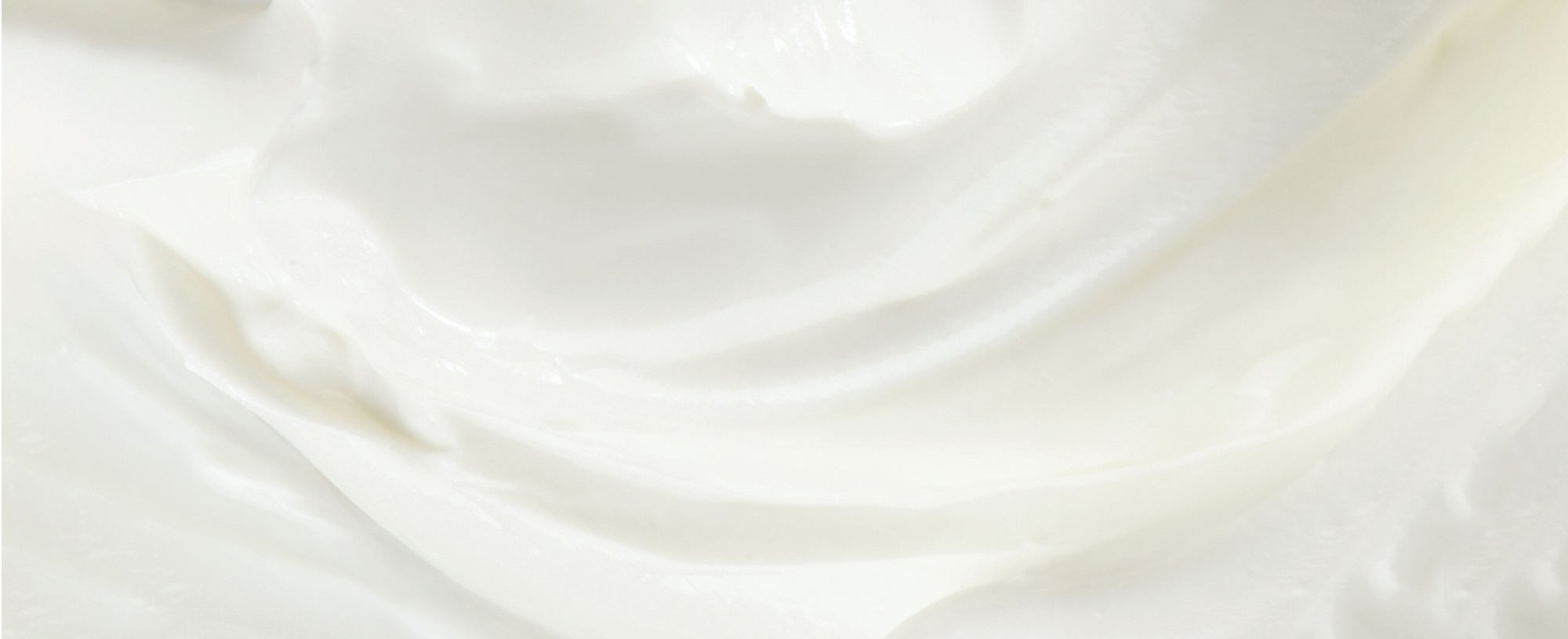Sometimes it seems as if in order to understand skin care products, you might literally have to go back to school. With skin care routines that require nearly a million and one steps and all sorts of confusing ingredients, it’s far from being as simple as lathering up with a facial cleanser and smoothing on a moisturizer (wouldn’t that be nice?). One topic that often brings about questions is acids, more specifically alpha hydroxy acids (AHAs) and beta hydroxy acids (BHAs). Thankfully, however, you won’t need an actual course to get a grasp on AHAs and BHAs. All you need to do is read our guide below to learn what the difference is between AHAs and BHAs and when you should be using each.
What Is an AHA?
Alpha hydroxy acids—a.k.a. AHAs—get a lot of attention in the skin care world, but that doesn’t necessarily mean you know what they are. If that’s the case for you, let us fill you in. AHAs are skin care ingredients that, according to the Food and Drug Administration (FDA), exfoliate the surface of your skin. There are quite a few different AHAs, including glycolic acid and lactic acid, which are often found in cosmetic formulations.
When Should You Use AHAs?
AHAs aren’t popular because they serve just one purpose. According to the FDA, AHAs can help smooth the look of fine lines and wrinkles and improve the appearance of skin texture and tone with continued use over time. So, if you’re looking to start an anti-aging skin care routine or brighten the look of your skin, you may want to consider adding skin care products formulated with an AHA to your regimen. However, you’ll have to keep in mind that products formulated with AHAs may increase your skin’s sun sensitivity. That means it’ll be extra important to follow the FDA’s guidelines for sun safety, which include using a broad-spectrum sunscreen with an SPF value of at least 30, reapplying every two hours, seeking out the shade during the sun’s peak hours, and wearing protective accessories like sunglasses and broad-brimmed hats.
Our Best Skin Care Products Formulated with an AHA
Now that we’ve caught you up to speed on what AHAs are all about, you can confidently add them into your skin care routine accordingly. Here are our best skin care products formulated with glycolic acid, an AHA, to get you started.
L’Oréal Paris RevitaLift Bright Reveal Brightening Daily Scrub Cleanser: This daily scrub facial cleanser is formulated with glycolic acid and gentle micro-pearls to exfoliate dullness and impurities from the surface of skin. Immediately, skin looks brighter, while skin tone appears more even with continued use over time. Every morning and evening, lather the facial cleanser into wet hands and gently massage it onto your skin in circular motions, then rinse thoroughly and pat dry.
L’Oréal Paris RevitaLift Bright Reveal Brightening Daily Peel Pads: Never used a peel pad before? Prepare for them to be your next skin care product obsession! Formulated with glycolic acid, these multi-ply textured pads physically resurface dead skin cells from the surface of skin. Immediately, skin looks brighter and skin feels softer, while skin tone is more even and texture more refined with continued use over time. Use nightly on clean skin. Gently apply a peel pad in a circular motion to your face. That’s it!
L’Oréal Paris RevitaLift Bright Reveal Brightening Day Moisturizer SPF 30: Formulated with glycolic acid, Pro-Retinol, and vitamin C, this daytime moisturizer immediately makes skin appear brighter, while dull, uneven skin tone is renewed with continued use over time. This moisturizer is also formulated with broad-spectrum sunscreen SPF 30, so apply as directed and don’t forget about the other sun protection measures you should be taking daily.
L’Oréal Paris RevitaLift Bright Reveal Brightening Dual Overnight Moisturizer: This dual-action moisturizer features an exfoliating concentrate formulated with glycolic acid in one chamber and a brightening infusion formulated with vitamin C and Pro-Retinol in the other. This deeply hydrating overnight moisturizer glides onto skin and absorbs quickly. Every night, smooth the moisturizer gently over cleansed skin. Immediately, skin looks more radiant and feels hydrated, while skin tone looks more even and the appearance of dark spots is diminished with continued use over time.
What is a BHA?
BHAs, or beta hydroxy acids, may not come up in everyday conversation—that is, unless you’re totally skin care obsessed like us—but you possibly know more about BHAs than you would think. That’s because you’re likely already familiar with the ingredient most commonly known as a BHA. If your complexion concerns began as a teen, as they do for most, chances are you’re acquainted with salicylic acid, and according to the FDA, salicylic acid is the BHA most commonly used in cosmetics. Similar to AHAs, BHAs act as chemical exfoliants, sloughing away dead skin cells from skin’s surface.
When Should You Use BHAs?
BHAs are typically found in two types of skin care products: acne-fighting and anti-aging. The American Academy of Dermatology lists salicylic acid and BHAs as an ingredient commonly found in acne skin care products, thanks to its ability to remove dead skin cells that can clog pores. As for anti-aging, according to the FDA, BHAs are known for being effective in reducing the appearance of fine lines and wrinkles and improving the overall look of skin texture with continued use over time. Be aware that BHAs can increase sun sensitivity just like AHAs, so you’ll need to take the same protective measures against the sun’s harmful UV rays.
If you haven’t had your fill of beauty ingredient information, there’s always more you can learn. Next, we’re talking about hyaluronic acid. For everything you need to know, head over to our article, What is Hyaluronic Acid?







